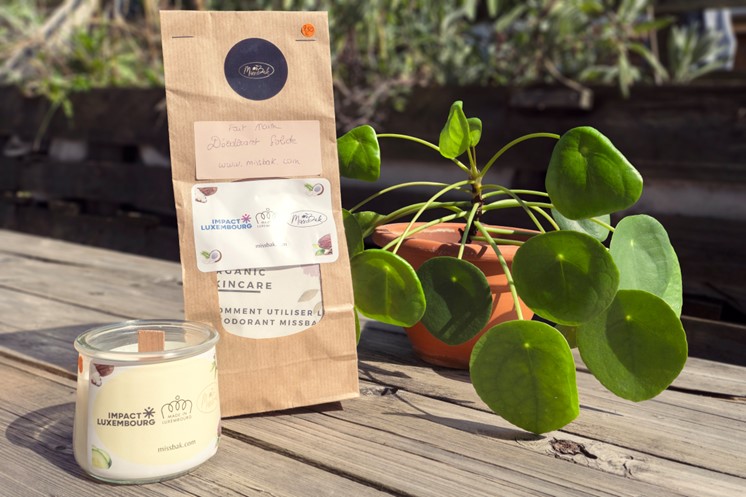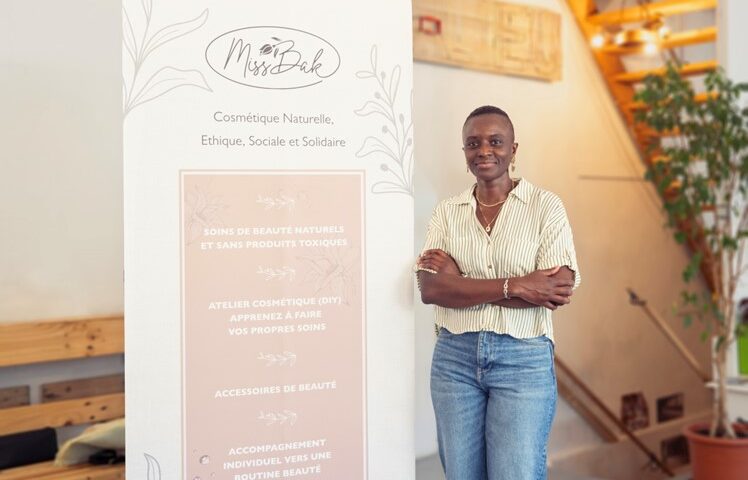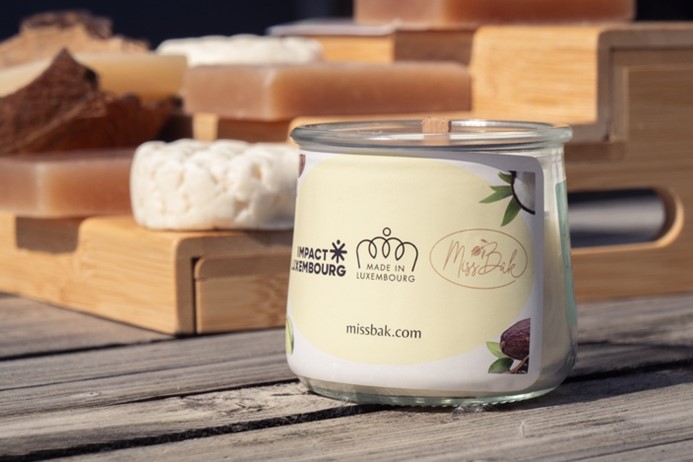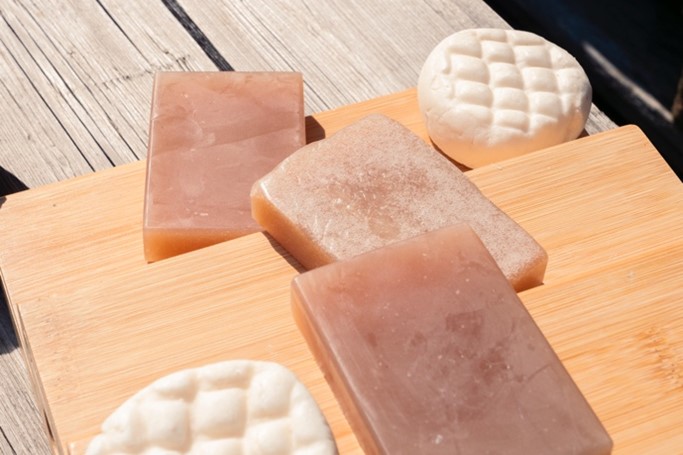Sustainable Cosmetics Made Easy and Fast: MissBak Shows You How in Workshops
It’s often a personal event that triggers an awakening. In Ahoua Bakayoko’s case, it was her son’s allergy that transformed her from a senior executive in the financial sector into a socially responsible entrepreneur. Since 2019, this Ivorian native has been selling sustainable cosmetic products under the MissBak brand – or teaching others how to make them themselves.

First Steps: A New Start with a Conscious Mission
“When my son developed food allergies, it was a shock for me,” explains Ahoua Bakayoko. “I started paying more attention not only to what we were eating but also to what we were putting on our skin. I quickly realized that these allergies weren’t inevitable but were actually widespread. That realization sparked the idea of turning responsible cosmetics into both a personal and professional mission.”
At the time, this decision marked a radical break from her previous life. Ahoua Bakayoko had spent ten years in finance up until 2018: “Starting my business was much more than a new professional beginning. It came with a completely different perspective on life overall, especially the understanding that responsible consumption is now possible and accessible.”

On the Menu: Products and Seminars
Creating and promoting alternative cosmetics is at the core of her business, Aurel Ivoire. The company’s name is a mission statement in itself, as Ahoua Bakayoko sources many raw materials from her native Côte d’Ivoire, including cocoa butter, coconut oil, and shea butter. These three ingredients form the vegan and gluten-free base of the cosmetics sold under the MissBak brand. Sharing her knowledge is the foundation of her homemade cosmetics workshops.
Ahoua Bakayoko offers these workshops to individuals as well as to businesses, schools, after-school programs, or private groups. Families often choose to sign up together. The goal is always the same: “I want to make participants aware that sustainable cosmetics are now possible and can be made quickly and easily. The workshops last between an hour and a half and two hours. Afterward, participants are capable of making their own soaps, creams, or other cosmetic products – and ideally, they leave with a new outlook on their consumption habits as a source of inspiration.”

“Made in Luxembourg”: A Concept of Openness
The workshops are offered either at the company’s headquarters in Esch or on-site for companies or groups. The training sessions carry the “Made in Luxembourg” label, and with good reason: “In general, the themes of sustainability and responsible economy are supported and interpreted in various ways in our country. I address these themes within my niche market and thereby contribute to raising awareness of responsible daily consumption.”
Ahoua Bakayoko also sees the openness of her concept as typically Luxembourgish: “Our raw materials come from Côte d’Ivoire, Luxembourg, and France, and the participants in the workshops come from all over the world. Additionally, I offer the workshops throughout the Greater Region, right in the heart of Europe. This borderless approach, in the best sense of the term, is also part of the reality here and gives meaning to the ‘Made in Luxembourg’ label.”

